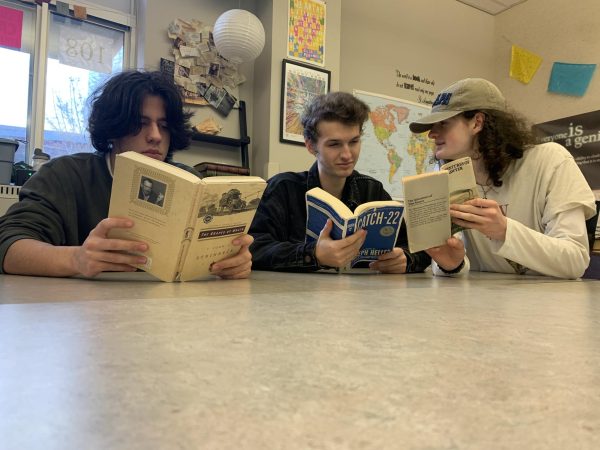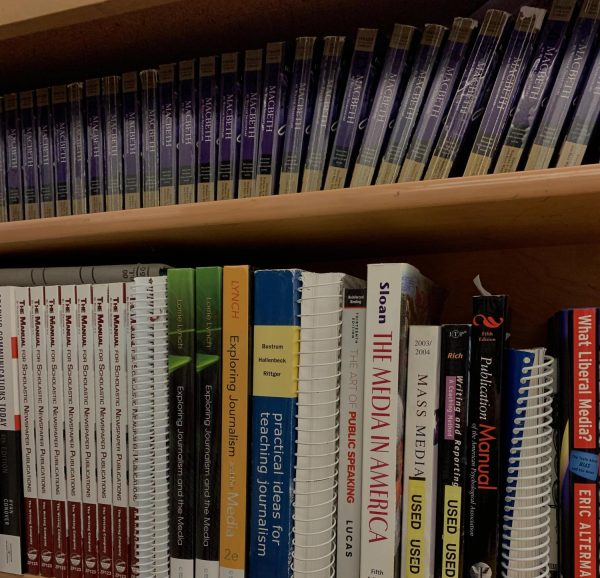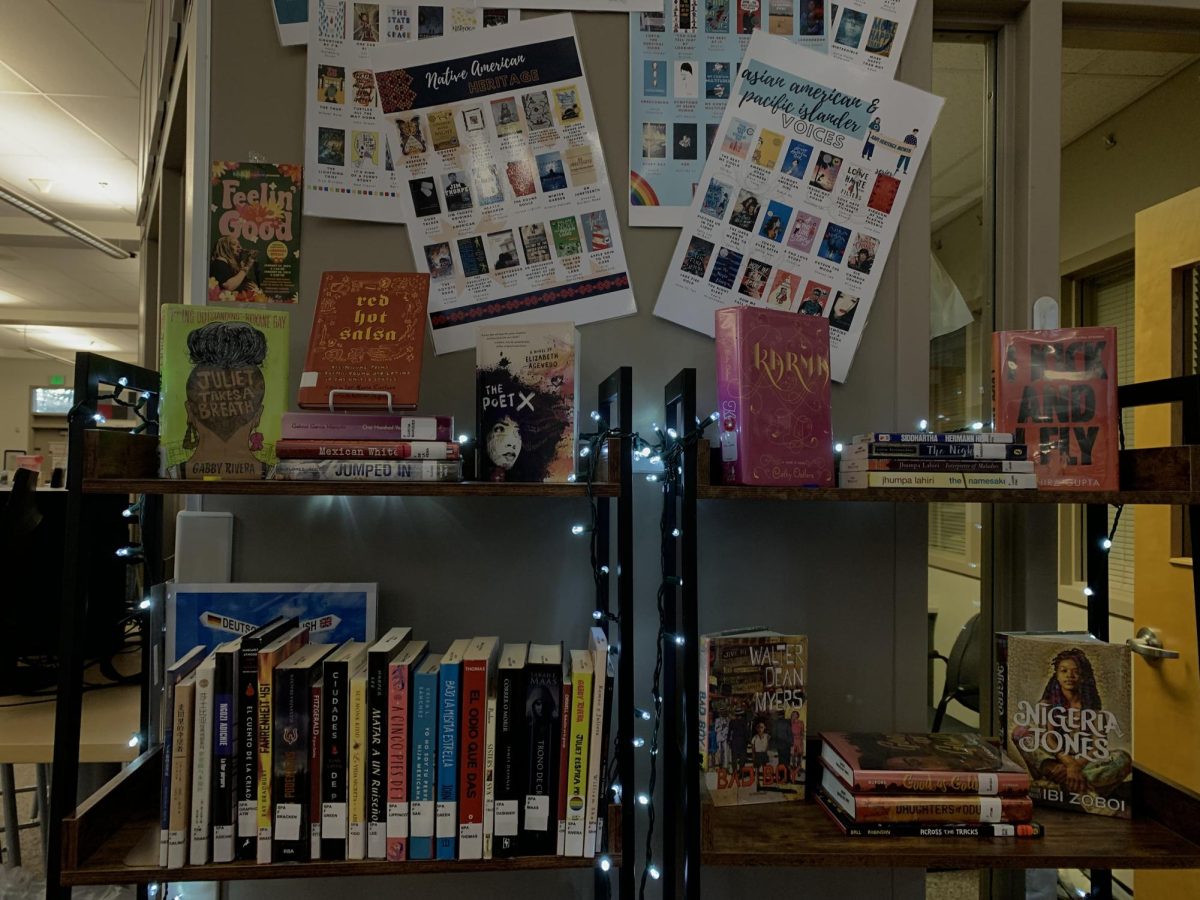Assigned reading is often a topic of intense anxiety in classrooms at Camas High School (CHS). Common reasons students give for this lack of enthusiasm include feeling that it takes up too much time in an already hectic schedule, that the book is boring and outdated or disliking reading in general.
That being said, there are apparent benefits to participation in reading, especially in actively developing minds. According to the Markham Public Library, numerous studies show that reading increases empathy, improves the ability to focus, reduces stress and much more.

As many students’ first exposure to literature is through an academic setting, their teachers’ and books’ roles in their feelings toward reading cannot be understated. However, as more and more teachers begin reforming long-established curriculums to cater to student interest, an important question is posed: is enthusiastic student engagement worth the sacrifice of teaching more classic and “important” works in class?
Within CHS, a familiar favorite of required reading amongst students is “The Hate You Give” by Angie Thomas. Telling the story of a young Black girl grappling with the effects of police violence within her community while also struggling to find her voice, the novel depicts themes that have been culturally prevalent for as long as most teenagers can remember.
“[The Hate You Give] was just interesting in general,” junior Logan Viken said, who brought up the novel when questioned about his favorites. “We did a mixture of listening to an audiobook with several characters as voices and then we read it on our own.”
The tendency for students to gravitate toward novels and other media that highlight the cultural issues of the day has also been observed by CHS’s Librarian, Tonia Albert.
“[Students like those books because] they’re cultural,” Albert said.

She also believes, however, that students can enjoy a wide variety of works and that most “outdated” novels are not being taught in a way that highlights the messages that have the potential to resonate with modern audiences.
“I think there’s a lot of really great novels that we’ve taught for years that I’ve read in high school that students today are reading in high school. It can be looked at as ‘urgh, I have to read this,’ or ‘how is it gonna be presented?’ and it makes a big difference,” Albert said.
Sophomore English teacher Josef Hoffman disagrees, believing that most students will likely be discontent with being forced to read any book.
“When you are a student in high school, you have just lived through the first fifteen years of your life with very little autonomy and choice over what activities you do and do not get to do. So, it’s not reasonable to expect any teenager to be excited to be assigned a book to read,” Hoffman said.
He also brought up the importance of the cultural continuity that the reading of quintessential “assigned novels” can bring in advocacy for the continued teaching of more traditional works.
“It creates common experiences and it helps create cultural touchstones,” Hoffman said.
Reading is and always has been a subjective and relatively ambiguous activity as students often find different takeaways from the assigned novels. Due to this, the hope of finding a foolproof method for teaching literature that ensures students will enjoy each novel they are assigned is unrealistic. However, the idea that each student will also be intellectually bettered by a book they never wished to read in the first place is unrealistic as well. A balance must be found and maintained if students are to both enjoy and learn from reading.


































